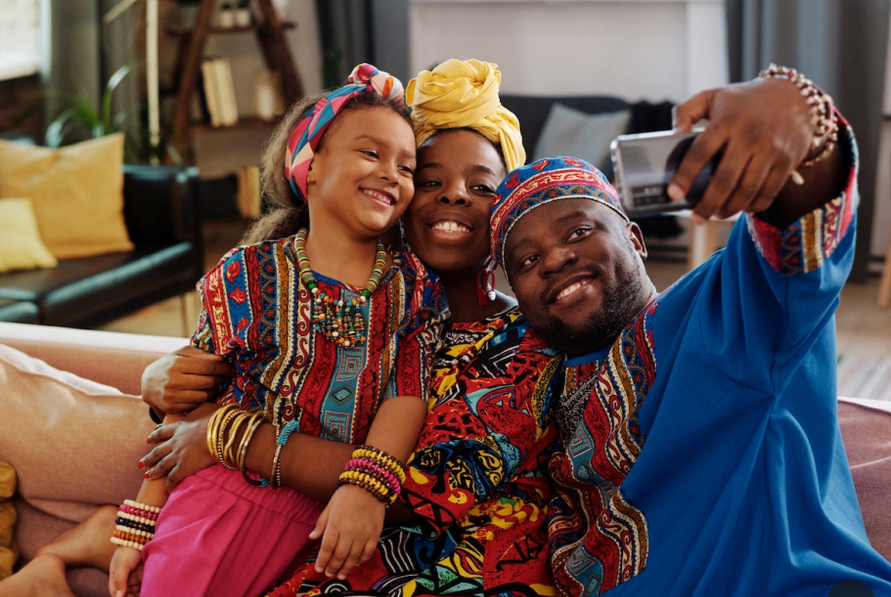According to the 2021 census, at least 414 378 Australians (or 1.6%) identify with African ancestry. This number was 248,699 in the 2006 census. These numbers do not reflect all African diasporas in Australia, but they indicate a growing and significant portion of the Australian population.
Despite these growing numbers, many people of African descent remain silent and unheard in Australia. People of African descent often speak in problematic ways (also known as deficit discourses). This includes reports about African gangs and what ‘they lack’ (like English language skills, local employment experience, culture fit (including workplace cultures), etc. Instead of focusing on their contributions to the Australian community and how they can be supported, this makes people of African descent a ‘problem’ or a burden.
Australia has the opportunity to use the IDPOAD to counter these deficit narratives. This is a chance to acknowledge the contributions of people of African descendant California heritage without being tokenistic and discuss the obstacles they face.
What is the IDPOAD?
IDPOAD is a United Nations-declared observance commemorating the African diaspora’s remarkable strength and resilience. It was first observed in 2021 during the International Decade for People of African Descent (2015-2024) and after the rise of Black Lives Matter following the death of George Floyd in the USA. The International Decade for People of African Descent is a celebration of the contributions of people of African descent around the world, advances social justice and inclusion policies, and works towards eliminating racism worldwide. The IDPOAD centralizes these goals to foster a sense of community among the African diaspora and expose the institutional, policy and legislative structures that continue to perpetrate racial violence.
What barriers and issues do people of African descent have to overcome in Australian workplaces?
People of African descent experience negative racialization, exclusion and marginalization in the workplace. Research in Australia and elsewhere has shown that people of African descent are more likely to be discriminated against at work and in society than other racial or ethnic groups (see, for example, the Scanlon Foundation survey). People of African descent face many barriers and challenges in their workplaces. Here are a few:
- There are narrow pathways to leadership positions (hence they are not often at the top but are highly represented in entry-level jobs).
- They do not have access to mentorship, sponsorship or allyship to help them move into leadership.
- There are fewer employment opportunities and less access to stable, well-paying jobs.
Why celebrate IDPOAD at DCA, and why should your workplace be too?
DCA celebrates the IDPOAD for:
- We recognize the critical contributions made by people of African descent to our organization and our community. Recognizing the assistance of the African diaspora in Australian workplaces is essential. We also celebrate their diversity and merit in continuing to make a difference in our organizations.
- We aim to raise awareness about the exclusion and marginalization of the African diaspora within Australian workplaces.
- We advocate for racial equity and encourage workplaces that put ending racism and creating safe and racially inclusive workplaces on their agenda.
We are still working towards racial equality.
Therefore, we commemorate IDPOAD as a sign of solidarity and commitment with our colleagues of African descent. We stand with them in their quest to end discrimination against them. This aligns with DCA’s commitment to creating a safe and racially inclusive workplace where people of African descent can feel comfortable being themselves.




















